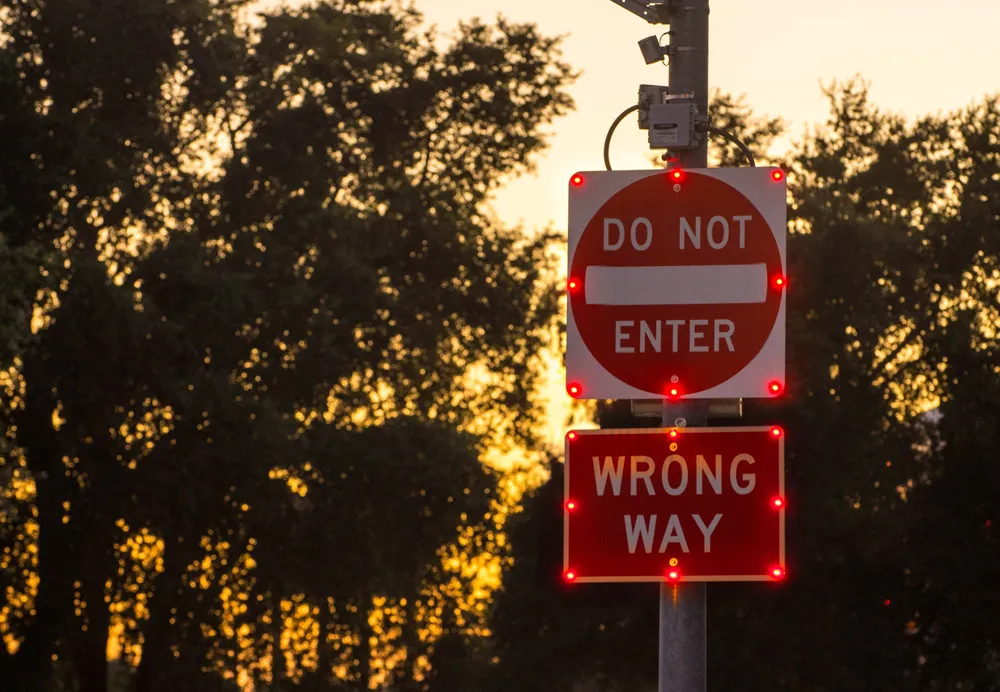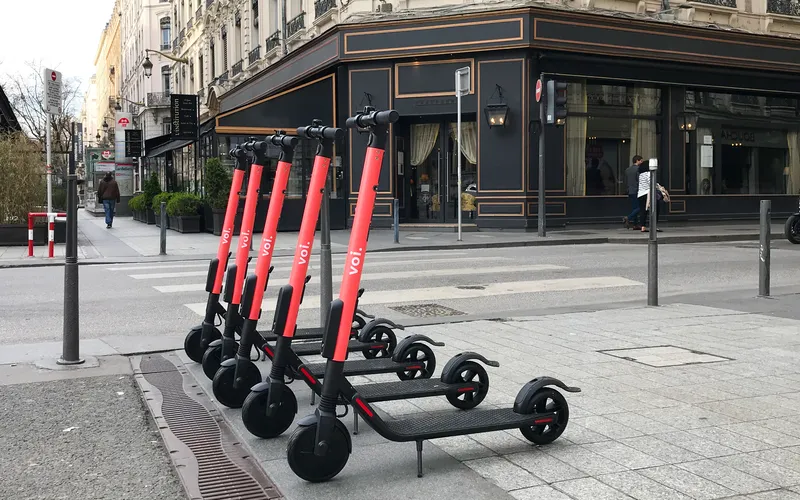While the clutter from mis-used dockless scooter schemes is frustrating for many, it is physically unsafe for some, according to a legal action in the US.
Disability Rights California slams an ‘unregulated onslaught’ in its class action lawsuit against the City of San Diego and three dockless scooter firms: Lime, Bird and Razor.
“This action challenges the failure of the City of San Diego and private companies to maintain the accessibility of the city’s public sidewalks, kerb ramps, crosswalks and transit stops for people with disabilities, in the face of an onslaught of unregulated dockless scooters,” the complaint says.
“Private scooter companies have been allowed to appropriate the public commons for their own profit, regardless of the impact on the city’s residents. Persons with mobility impairments, including people who use wheelchairs or walkers, and people with significant visual impairments are thereby being denied their right to travel freely and safely on our public walkways.”
As well as blocking rights of way on pavements, abandoned scooters are potential trip hazards.
The lawsuit adds: “Dockless scooter riders often ride the scooters on the sidewalk, turning the sidewalk into a vehicle highway rather than a space for safe pedestrian access and use.”
The action says the city and the companies are not complying with the 1990 Americans With Disabilities Act: “People with disabilities who wish to travel in the city using the city’s walkways are being forced to either put their physical safety at risk or just stay home. This is not a choice that they should have to make.”
Last September, city authorities said that the scooter providers had “agreed to implement a number of changes and improvements aimed at increasing public awareness and increasing public safety”.
Disability Rights California sues San Diego over dockless scooters
While the clutter from mis-used dockless scooter schemes is frustrating for many, it is physically unsafe for some, according to a legal action in the US.
Disability Rights California slams an ‘unregulated onslaught’ in its class action lawsuit against the City of San Diego and three dockless scooter firms: Lime, Bird and Razor.
“This action challenges the failure of the City of San Diego and private companies to maintain the accessibility of the city’s public sidewalks, kerb ramps, crosswalks and transit
January 30, 2019
Read time: 2 mins









